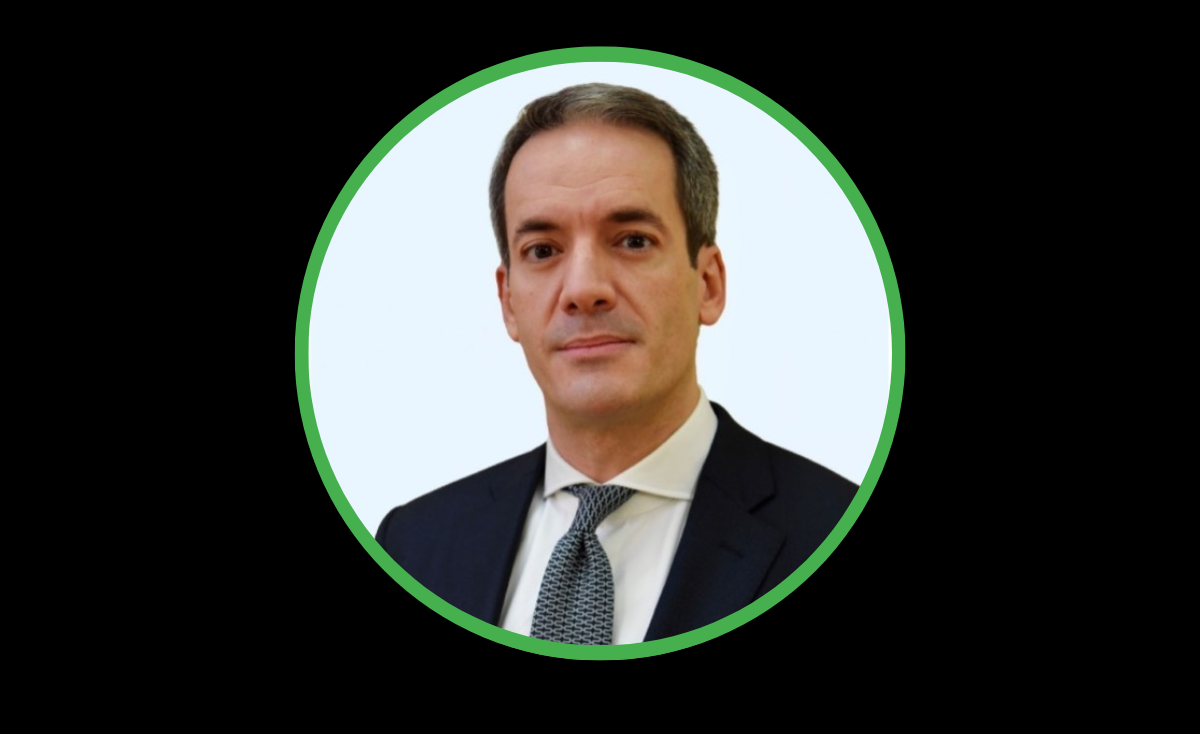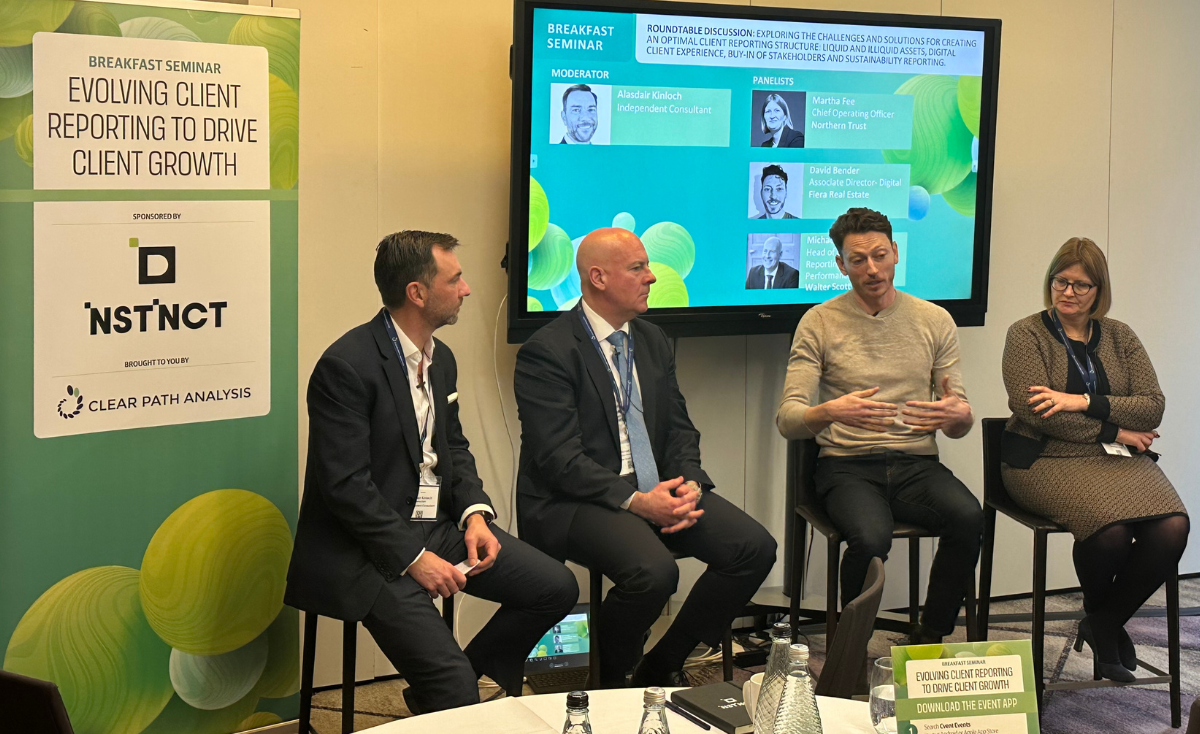 Nikitas Psyllakis, Global COO and UK Country Officer, DWS Group.
Nikitas Psyllakis, Global COO and UK Country Officer, DWS Group.
Nikitas Psyllakis is speaking at Private Markets Investor | Europe 2023 in London in March. Please click here to see more details about the agenda and how to register.
Maya Sibul: What are currently some of the biggest issues for private markets investors when it comes to digital transformation?
Nikitas Psyllakis: The growth of private markets in recent years has been nothing but remarkable, with global fundraising sitting at $1.2 trillion at the end of 2021, having grown at 6% CAGR in five years, according to McKinsey. It has been an area of high demand for clients in search for yield during a sustained low-rate environment, but also for managers, who have seen it as an attractive means of business diversification and revenue generation thanks to juicier margins compared to public markets.
"Some of the typical issues investors have been grappling with are the availability, selection, and implementation of digital tools."
However, the pace of private markets growth has not been matched by a similar pace of digital enablement in this space. This is hardly a surprise and is in line with maturity cycles we have observed in the investment industry before – as well as cross-industries, where technological innovation typically accelerates once provider and client needs reach a sufficient degree of maturity.
Some of the typical issues investors have been grappling with in recent years are the availability, selection, and implementation of digital tools to facilitate greater portfolio and performance transparency – as well as easy tracking of key financial metrices and communication of financial results to stakeholders.
But the good news is that digital transformation has picked up its pace in private markets in the last 24 months, and we’re seeing a shifting focus to addressing many of these increasingly sophisticated needs for investors.
Maya: Talk to us about the different approaches available here – what are their specific challenges and opportunities?
Nikitas: In recent years, research has shown that investors are becoming increasingly demanding when it comes to activities such as portfolio management, reporting, and operations. As a result, fund managers are under growing pressure to upskill their technical expertise and fully leverage the benefits of digital solutions.
Managers in the private markets space also rely heavily on third-party providers for many of their operating building blocks. This means that synthesising the most digitally advanced solutions is critical to supporting upstream activities.
"To effectively transform these processes you need to start with a suitable architectural blueprint that meets the specific investor’s needs."
Ultimately, opportunities to transform the end-to-end investment process through better data and analytics are numerous: from supporting deal origination, target identification, and due diligence, to managing risk, improving decision making, and achieving seamless and swift flow of information between GPs and LPs, to improving operational efficiency and reducing costs.
But to effectively transform these processes you need to start with a suitable architectural blueprint that meets the specific investor’s needs – along with an ambitious but pragmatic implementation plan. Managers who master digital transformation successfully can also increase competitiveness and differentiate themselves from their peers.
Maya: As the financial world becomes more complex, what do those investing in private markets need to be especially aware of – in 2023 and beyond?
Nikitas: We expect the themes that gained traction in the last 12 to 24 months to continue to pull interest – from tailwinds such as “retailisation”, to headwinds such as the state of the global macro environment and the return of yield.
"Significant amounts of private capital will need to flow into a wide range of priorities to help fill [an] accumulating gap."
In Europe specifically, one of the key themes we expect will generate attention is the opportunity to help contribute to what we call the “European Transformation”. Based on an EU study from 2019and ours from 2022, the investment needs for delivering green transition and digital transformation in Europe was estimated close to €600 billion per year, with a funding gap of €250 billion per year. That means that significant amounts of private capital will need to flow into a wide range of priorities to help fill this accumulating gap – ranging from infrastructure opportunities such as renewables and mobility, to the transformation of real estate and cities.
Not all investment requirements will be economically viable for the private sector to take on and governments will need to create a conducive environment for the private sector. But we expect this process to accelerate materially, further fueled by the geopolitical pressures of the last 12 months.
Nikitas Psyllakis is speaking at Private Markets Investor | Europe 2023 in London in March. Please click here to see more details about the agenda and how to register.
Please Sign In or Register to leave a Comment.
SUBSCRIBE
Get the recent popular stories straight into your inbox




